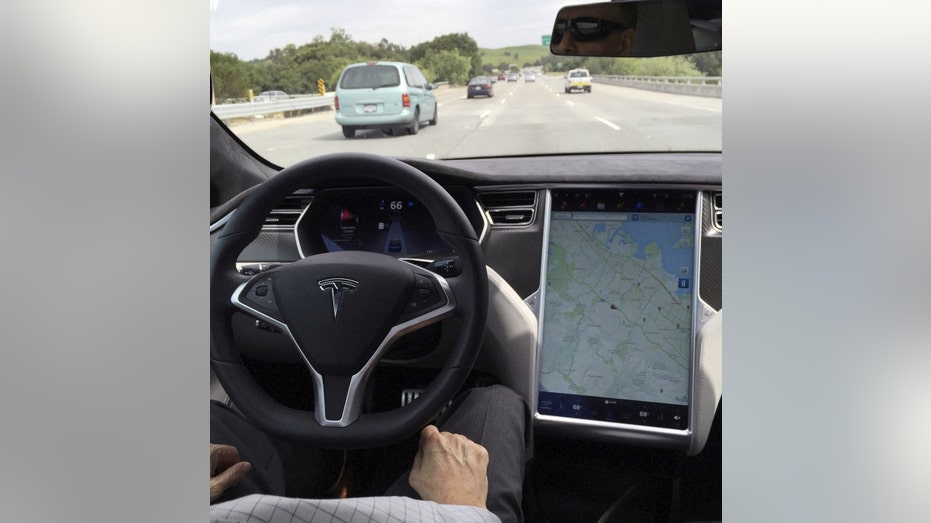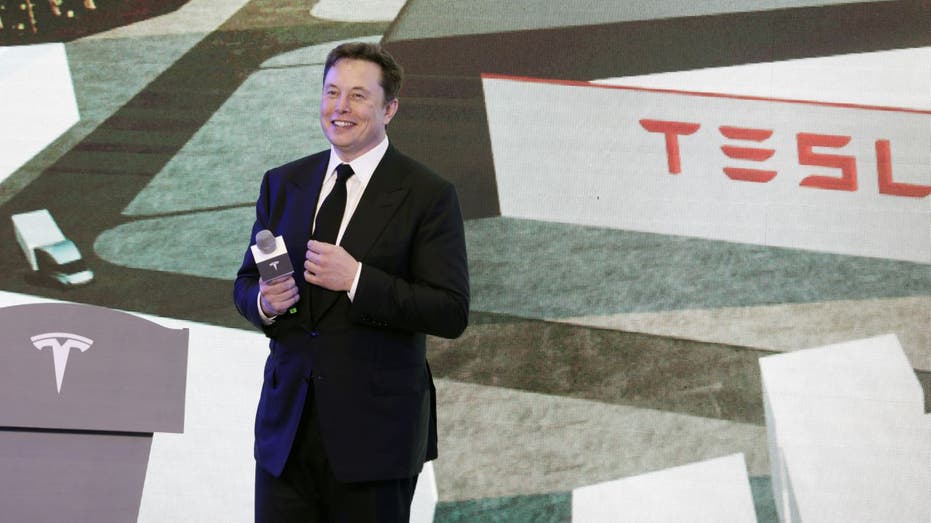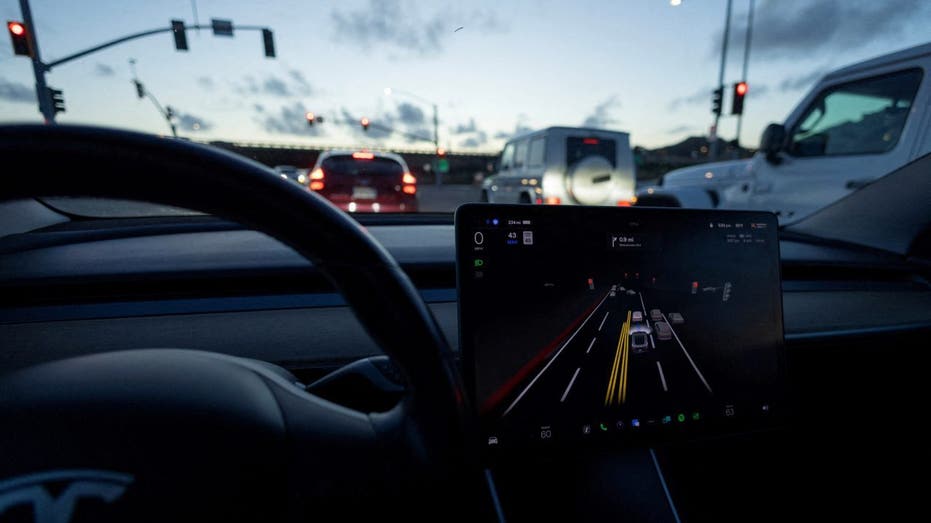Tesla must face false advertising claims against Autopilot, California administrative judge rules
California regulators allege Tesla has falsely marketed its Autopilot system as an autonomous vehicle product
Elon Musk swats at Tesla investor Ross Gerber after criticism
Gerber Kawasaki CEO Ross Gerber tells 'The Claman Countdown' he's going to run for a seat on Tesla's board after Elon Musk took a swipe at him on Twitter.
A California administrative judge on Monday set back Tesla as the electic carmaker fends off allegations from the state's top regulator that it falsely marketed its vehicles' self-driving feature.
Judge Juliet Cox of the state Office of Administrative Hearings (OAH) rejected Tesla's effort to have the lawsuit brought by the California Department of Motor Vehicles dismissed. The judge said that if the allegations are true, they would support enforcement action against Tesla.
In a five-page ruling, Cox said it was too early to dismiss the DMV case before a formal hearing. Tesla had argued a hearing was unnecessary since Cox had enough documents to review and rule.
The DMV sued in July 2022 over accusations that Tesla mislead customers about vehicles with Autopilot and Full Self-Driving Technology. Tesla vehicles "could not at the time of those advertisements, and cannot now, operate as autonomous vehicles," the lawsuit said, according to Reuters.
TESLA AUTOPILOT, SIMILAR AUTOMATED DRIVING SYSTEMS RATED ‘POOR’ BY SAFETY GROUP

The interior of a Tesla Model S is shown in autopilot mode in San Francisco, California on April 7, 2016. (REUTERS/Alexandria Sage / Reuters Photos)
If found liable, Tesla could have its license to sell vehicles in California suspended and be required to make restitution to Tesla owners who reside in the state.
Tesla did not immediately respond to a request for comment. The DMV told Reuters its claims will be formally reviewed before the OAH on Sept. 9.
TESLA DRIVER IN FATAL CRASH HAD REPORTED PROBLEMS BEFORE WITH ‘AUTOPILOT’ FEATURE

Elon Musk, chief executive officer of Tesla Inc., pauses while speaking during the Tesla China-Made Model 3 Delivery Ceremony at the company's Gigafactory in Shanghai, China, on Tuesday, Jan. 7, 2020. (Qilai Shen/Bloomberg via Getty Images / Getty Images)
On May 15, a San Francisco federal judge rejected Tesla's bid to dismiss a proposed nationwide class action claiming it misled consumers into believing their vehicles would soon have self-driving capabilities.
Tesla, whose CEO Elon Musk relocated its corporate headquarters from Palo Alto in California to Austin, Texas in 2021, has faced federal probes into whether its self-driving technology might have contributed to fatal car crashes.
TESLA SETTLES LAWSUIT OVER AUTOPILOT CRASH THAT LEFT APPLE ENGINEER DEAD

A Tesla Model 3 vehicle is shown using the Autopilot Full Self Driving Beta software (FSD) while navigating a city road in Encinitas, California on Feb. 28, 2023. (Reuters Photos)
In April, Tesla reached a settlement in a lawsuit over a 2018 fatal crash that killed an Apple engineer who was behind the wheel of his Model X while on Autopilot, when the car swerved into a barrier on a highway near San Francisco.
Federal prosecutors are separately examining whether Tesla committed fraud by misleading investors about self-driving, Reuters reported.
Tesla describes Autopilot as an "advanced driver assistance sytem" on its website that can match the speed of surrounding traffic on cruise control and assist with steering in clearly marked lanes. Tesla's Full Self-Driving Capability promises to let the car "drive itself almost anywhere with minimal driver intervention."
CLICK HERE TO READ MORE ON FOX BUSINESS
Features include guidance on highway on-ramp and off-ramps, automatic lane changes, automatic steering, acceleration and braking and obedience to traffic signals.
But Tesla has warned that Autopilot does not excuse drivers from paying attention on the road, and the technologies "do not make the vehicle autonomous."
Fox Business' Greg Wehner and Reuters contributed to this report.





















